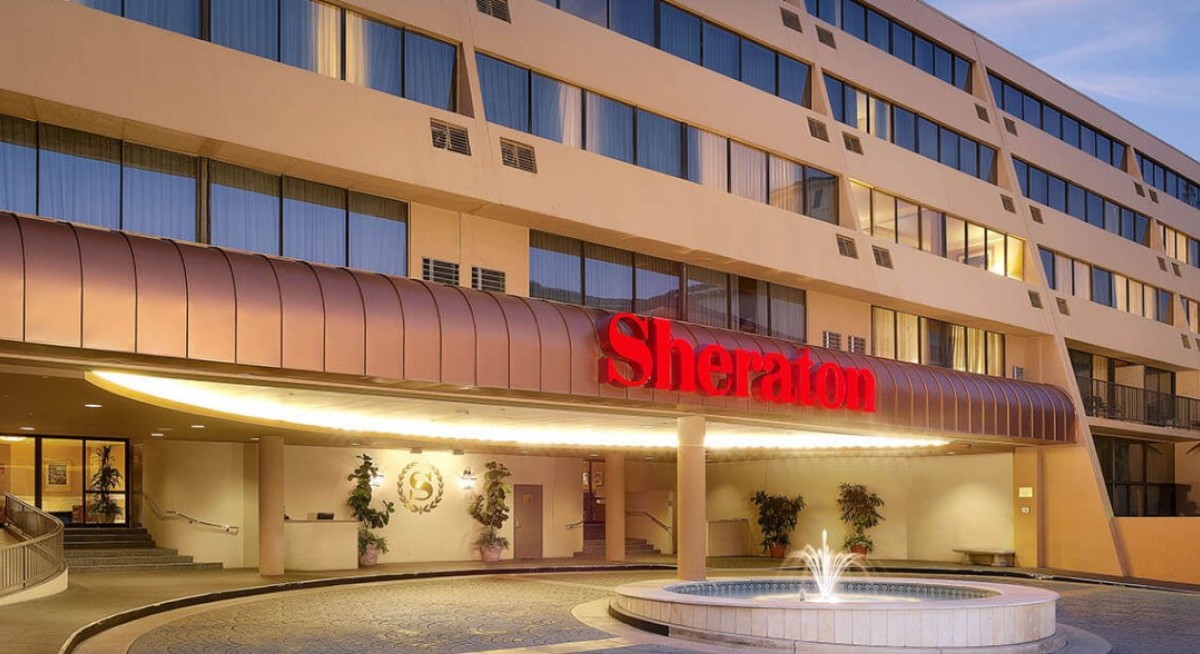According to the prospectus, each EHT subsidiary receives rental payment for each property from the relevant (Urban Commons) master lessee comprising a fixed rent and variable rent. “Each of the Master Lease Agreements has an initial term of 20 years from the Listing Date with an option exercisable by the relevant Master Lessee to obtain an additional lease for a further 14 years for all Properties located in California and 20 years for all oth-er Properties located elsewhere,” the pro-spectus states.
In addition, the hotel managers and hotel franchises such as IHG and Hilton have franchise agreements with the master lessees under separate hotel management agreements. The master lessee is the counterparty under each franchise agreement and hotel management agreement and is therefore responsible for the payment of the fees to the hotel franchisors and the hotel managers, the prospectus says.
This detail is important because announcements by the REIT manager this year for the different types of defaults refer to these agreements and also to terms such as hotel management agreements (HMA), HMA key money agreements and non-disturbance agreements.
On July 1, associate professor of Accounting at NUS Business School Mak Yuen Teen, points out in his Governance for Stakeholders website that these features of subsidiaries “reduce transparency and increase governance risks”.
“[EHT’s] structure involves layers of companies incorporated in the Cayman Islands, Singapore and United States. While this may be due to the need to comply with both US and Singapore regulations and tax laws, it raises questions of extreme financial engineering and why it chose to list in Singapore in the first place. Such a structure must come with increased compliance and transactional costs. The highly complex structure also increases governance risks because of the difficulty in regulating and exerting oversight and control over these various entities,” Mak points out.
As an example, Mak cites how the master lessees (Urban Commons) made the master lessors (EHT’s properties) enter into non-disturbance agreements with master lessees and the hotel management companies, and these are clearly not in the best interests of EHT.
“If EHT had been listed in the US, there would almost certainly be numerous class action suits by now. Therefore, it is probably push factors rather than pull factors that brought it to Singapore,” Mak adds.



